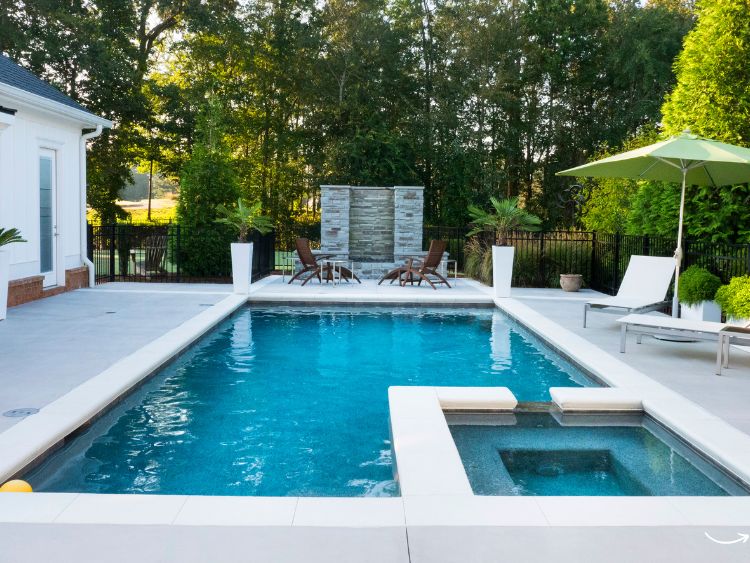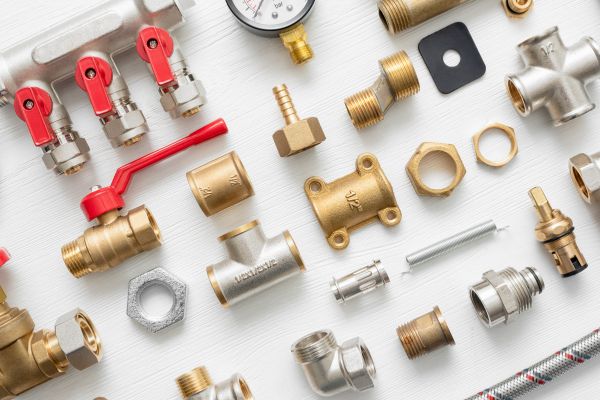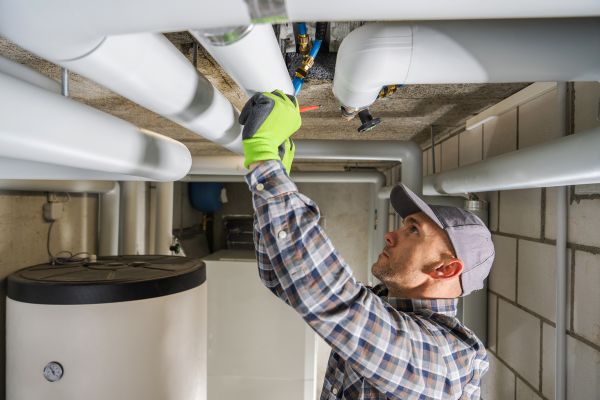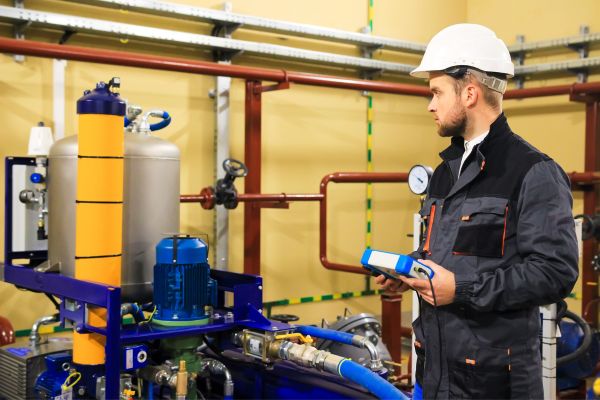Why Pool Leak Detection Matters
Ah, summer! There’s nothing quite like diving into your sparkling pool to beat the heat. But what happens when you notice your water level dropping faster than usual? Pool leak detection isn’t just about saving water; it’s about maintaining the integrity of your pool, ensuring safety, and preventing costly repairs. In this comprehensive guide, we’ll dive into everything you need to know about pool leak detection, from spotting the signs to fixing the leaks.
Understanding the Signs of a Pool Leak
First things first, how do you know if your pool has a leak? Here are some telltale signs:
1. Unexplained Water Loss
If you’re adding water more frequently than usual, your pool might have a leak. While evaporation accounts for some water loss, a substantial drop in water level is cause for concern.
2. Wet Spots in Your Yard
Notice soggy spots around your pool area? It could be a sign of an underground leak. These wet patches can damage your landscaping and create a breeding ground for pests.
3. Increased Water Bills
A sudden spike in your water bill without increased usage points to a possible leak. Monitoring your water bill can help you catch leaks early.
4. Algae Growth
Leaking pools often lead to algae growth due to the introduction of new water, which disrupts the chemical balance. If your pool suddenly turns green, it’s time to check for leaks.
The Bucket Test: A Simple Way to Detect Leaks
Before calling in the pros, you can perform a simple bucket test to determine if your pool is losing water due to a leak or evaporation.
- Fill a Bucket: Fill a bucket with pool water to match the pool’s water level.
- Place the Bucket: Place the bucket on the pool step, ensuring the water levels inside and outside the bucket are the same.
- Mark the Water Levels: Use a marker to mark the water levels inside and outside the bucket.
- Wait 24 Hours: Leave the bucket in place for 24 hours without using the pool.
- Compare the Levels: After 24 hours, compare the water levels. If the pool water level has dropped more than the bucket’s water level, you likely have a leak.
Professional Pool Leak Detection Methods
When DIY methods fall short, it’s time to call in the experts. Here are some professional techniques for pool leak detection:
1. Pressure Testing
Professionals use pressure testing to check the plumbing system for leaks. This involves isolating sections of the plumbing and applying air pressure to detect any drops indicating a leak.
2. Dye Testing
Dye testing helps locate leaks by introducing a colored dye near suspected areas. The dye gets drawn into the leak, making it easier to spot.
3. Electronic Leak Detection
Using specialized electronic equipment, professionals can listen for the sound of escaping water, pinpointing the exact location of the leak.
4. Infrared Scanning
Infrared scanning detects temperature variations in the pool structure, highlighting areas where water might be escaping.
Fixing Pool Leaks: DIY vs. Professional Repair
Once you’ve identified a leak, the next step is fixing it. Depending on the severity, you can either tackle the repair yourself or hire a professional.
DIY Repairs
For minor leaks, here are some DIY solutions:
- Patch Kits: Available at most pool supply stores, patch kits can seal small leaks in vinyl or fiberglass pools.
- Epoxy Putty: Epoxy putty can fix small cracks and holes in concrete pools.
- Plumbing Tape: Leaking pipes can often be temporarily fixed with plumbing tape.
Professional Repairs
For more significant leaks or if you’re not comfortable with DIY repairs, it’s best to call a professional. They can:
- Repair or Replace Pool Liners: Vinyl pools may need a new liner if the leak is extensive.
- Fix Structural Cracks: Concrete pools with large cracks require professional repair to ensure structural integrity.
- Replace Damaged Plumbing: Professionals can replace sections of damaged plumbing to prevent future leaks.
Preventing Pool Leaks
Prevention is always better than cure. Here are some tips to keep your pool leak-free:
- Regular Inspections: Regularly inspect your pool and its components for signs of wear and tear.
- Maintain Proper Chemical Balance: Keeping your pool’s chemical levels balanced prevents damage to the pool’s structure and plumbing.
- Address Issues Promptly: Don’t ignore small leaks or cracks; address them immediately to prevent them from worsening.
FAQs: Pool Leak Detection
How often should I check my pool for leaks?
It’s a good idea to check your pool for leaks at least once a month, especially during peak usage seasons.
Can a pool leak cause structural damage?
Yes, if left unaddressed, a pool leak can lead to significant structural damage, including erosion of the surrounding soil and damage to the pool’s foundation.
How much does professional pool leak detection cost?
The cost varies depending on the size of the pool and the complexity of the leak. On average, professional leak detection can cost between $200 and $1,000.
Is it possible to prevent pool leaks entirely?
While it’s impossible to prevent all leaks, regular maintenance and prompt repairs can significantly reduce the risk of major leaks.
What is the most common cause of pool leaks?
The most common causes of pool leaks are structural cracks, worn-out liners, and damaged plumbing.
Conclusion: Keep Your Pool in Top Shape
Pool leak detection is essential for maintaining a healthy, safe, and cost-effective swimming environment. By understanding the signs, performing regular checks, and addressing issues promptly, you can enjoy your pool without the worry of leaks. Remember, while DIY methods can handle minor leaks, don’t hesitate to call in the professionals for more severe issues.
Authoritative Links
- American Leak Detection: https://www.americanleakdetection.com
- Pool and Spa Warehouse: https://www.poolandspawarehouse.com.au
- The Pool Leak Experts: https://www.poolleakexperts.com
- Pool Leak Detection Pros: https://www.poolleakdetectionpros.com
- Leak Science: https://www.leakscience.com
By following these guidelines and tips, you’ll ensure your pool remains a source of joy and relaxation, rather than a cause for concern. Dive in, stay vigilant, and enjoy your pool to the fullest!



